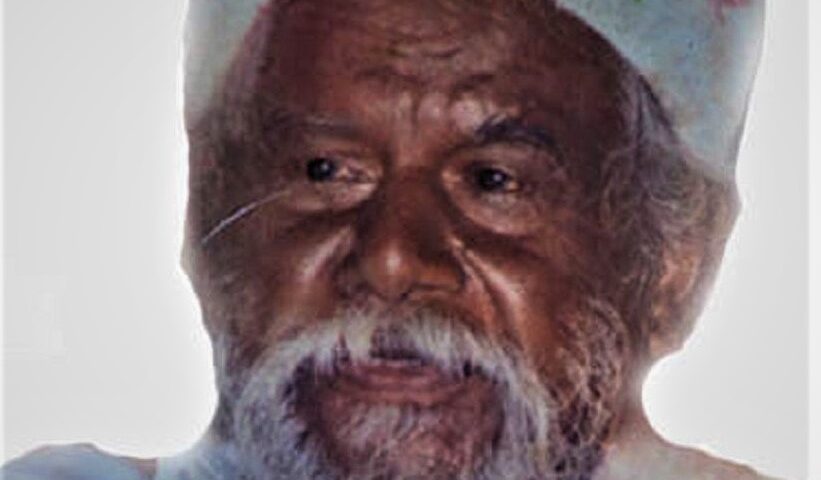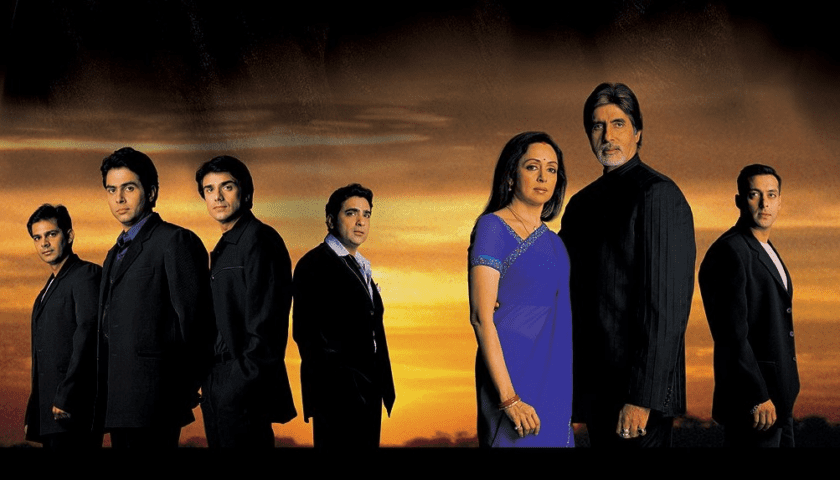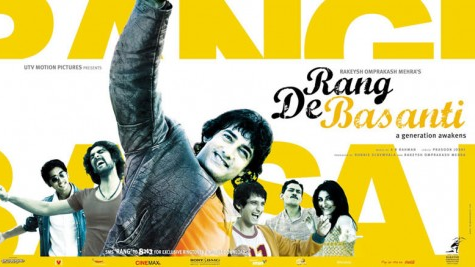About the Movie: Manjhi – The Mountain Man
Manjhi – The Mountain Man Movie is based on the life of Dashrath Manjhi, a laborer from Gaya district who dug a road through the mountains using only a hammer and chisel in memory of his wife (played by Radhika Apte).
The exciting story, the intense love story and the performances of Nawazuddin Siddiqui and Radhika Apte make it a wonderful cinematic experience. Watch it for the power of Dashrath Manjhi, watch it for the real truth and honesty with which Ketan Mehta puts it together.
Movie description
Manjhi – The Mountain Man Movie begins with a monologue between a man, Dashrath (Nawazuddin) and a mountain. Dressed in blood-soaked clothes, the little hero rests on a mountain (captured by the brilliant cinematographer Rajeev Jain) that stretches endlessly before you, saying, “So you think you’re too tall? Well, I won’t stop until I make you a wreck
The feeling in Nawaz’s voice that vibrates against nature sends shivers down your spine. Also, what piqued your interest was how this David would fight Goliath. Of course, for those who know Dashrath Manjhi’s story, there are a few surprises. This local from Gehlaur has been attacking the same mountain for more than 20 years and won when he managed to work the right way.
The story begins in Wazir Ganj in 1950, where young Dashrath is married to Phagunia’s daughter. Born into abject poverty, Dashrath’s family eats dead rats to survive. The village Zamindar (Tigmanshu Dhulia) is doing some kind of dirty work. Example: Those who do not pay their dues have nails driven out of their feet, like those who are dragged to the horseshoe! Besides this, there is a third degree which testifies to the time when the rich ruled the poor.
Before becoming a slave of this demon lord, Dashrath escaped. He returns seven years later and is deeply in love with his daughter-in-law Phagunia (Radhika Apte) who has grown into a passionate woman. They are married, despite the challenges, they make time for love and babies.
However, an accident changes Dashrath’s life forever. Like a madman, he picks up a hammer and chisel and begins his journey as an Indian mountaineer. It is an inspiring story of determination and resilience. His portrayal of Manjhi is another feather in Nawaz’s cap. The picture he brings to the suspect – from a lover who does not like to an accused soul – is what separates the actors from many cardboard, called stars. Sultry Radhika shines everywhere.
The reason this movie that has so much potential shouldn’t be a big deal is because of the lack of consistency in the story. While some movies make you cringe and tear up, others don’t even scratch the surface.
About Manji
Dashrath Manji is a poor laborer from Gehlaur village, near Gaya in Bihar. Soon, the man fell in love with Falguni Devi, whom he later married. The couple were married for a few years before his wife died from injuries sustained in a fall from Gehlaur Mountain. He made the dangerous climb, as all villagers had to do, to get water and other daily necessities.
In an attempt to save her, Manji tried to seek medical help, but the nearest hospital was 70 kilometers away and the only way to get there was through the mountains or dangerous places. Falguni Devi died in 1979, and it was then that Manji’s efforts to fight in the mountains began. At first mocked for his idea,

Manji stuck to his decision and for the next 22 years, he carved a path on the side of the mountain with only a hammer and chisel. Towards the end of his journey, Manjhi (known as the Mountaineer) received help from other villagers who gave him food and water and helped him buy equipment.
Finally, the tunnel was 360 meters long, 30 meters high, and 30 meters wide. It is said that he worked day and night to achieve this monumental task, shortening the journey between Atri and Wageranj camps of Gaya town by 40 km.
Manji later died in 2007 after a battle with cancer at the age of 73, before his dream of seeing a concrete road built on the road he built came true. In support of his efforts, his son and daughter-in-law, Bhagirath Manjhi and Basanti Devi were named in Satyamev Jayate where Aamir Khan gave this hero his first performance.
The Legacy of the “Mountain Man”
For 22 years, Manjhi has worked to make the mountain road safe. He burned wood on the stone floor and sprinkled water on top of the fire to crush the cracked rocks and turn them into rubble. When drought hit Gahlour, Manjhi’s family moved to a village, but continued to dig 30-wide, 25-foot-high tunnels.
His cousin Dahu Manjhi said, “People told Manjhi that he will not do it, that he is a poor man who only wants to earn money and eat.”
But Manjhi did more than that. He cultivates fields to earn money during the day and resumes his work at night.
Although the people of the village eventually started helping him, not everyone was happy. Manjhi’s father reprimanded her for abandoning her social work and family, and the police threatened to arrest her. When they did, “Mountain Man” became so popular that defenders protested its release. Dashrath Manjhi was able to complete the road in 1982. It was 360 meters long and changed the life of the villagers. The 35 miles they used to walk to the next town were reduced to about 10 – and no one had to worry about dying on the way.
When Dashrath Manjhi died of gallbladder cancer in 2007 at the age of 73, his legacy continued. He authorized his autobiography with a simple finger print, and his story was made into the 2015 biopic Manjhi – The Mountain Man.
And today, even as his descendants continue to struggle with poverty, their names are spoken across India as one of resilience – and one that will never be forgotten.



